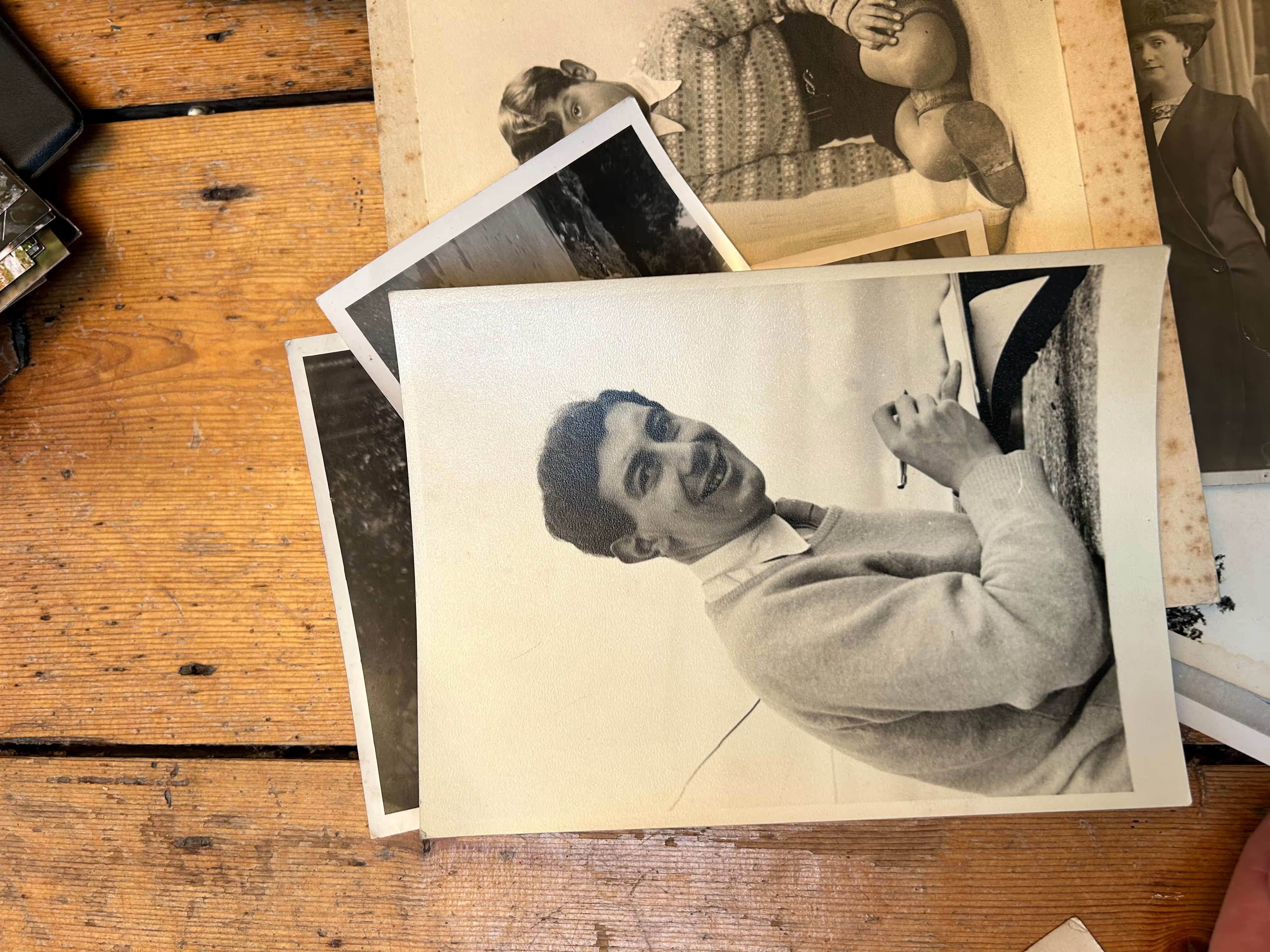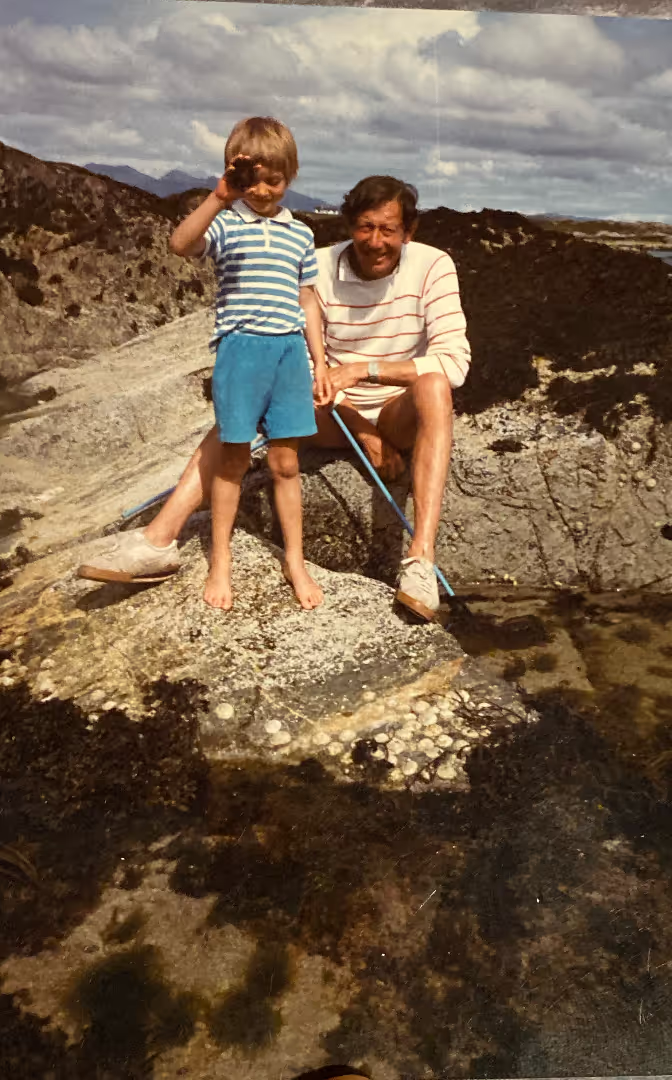How to Manage Grief Triggers and Anniversaries
From the aisles of the supermarket to the daily commute, grief can resurface unexpectedly, often triggered by specific events, locations or memories. Understanding how to navigate these triggers, particularly during anniversaries or special dates, can help you manage your emotions more effectively. Here are some strategies to consider.
1. Acknowledge Your Grief
It’s essential to recognise that grief is a natural response to loss. On anniversaries or when faced with triggers, allow yourself to feel whatever emotions arise—sadness, anger, or even relief. Acknowledging your feelings is the first step in managing them.
2. Prepare for Anniversaries
Anticipating significant dates can help you prepare emotionally. Consider planning how you will spend these days in advance. Whether you choose to commemorate the day privately or with loved ones, having a plan can provide a sense of control.
3. Create a Ritual
Establishing a personal ritual on anniversaries can provide comfort and help honour your loved one’s memory. This could include lighting a candle, visiting their grave, or preparing their favourite meal. Rituals can help create a meaningful connection to your loved one and serve as an outlet for your emotions.
4. Set Boundaries
Decline invitations or avoid certain activities that might be triggering. Communicate your needs to friends and family and let them know that you may need space during particularly challenging times. Prioritising your emotional well-being is vital.
5. Talk About It
Sharing your feelings with someone who understands can be therapeutic. Whether it’s a trusted friend, family member, or therapist, talking about your triggers and emotions can help you process your grief. You may find that others have experienced similar triggers and can offer support.
6. Look After Yourself
During times of heightened emotion, it’s crucial to prioritise self-care. Engage in activities that nurture your body and mind, such as taking walks, meditating, or enjoying a hot bath. Self-care can help ground you during difficult moments and provide a sense of comfort.
7. Reflect on Positive Memories
When faced with triggers, take time to reflect on the positive memories you shared with your loved one. Consider looking through photographs or writing down your favourite memories. This can shift your focus from the pain of loss to the joy they brought into your life.
8. Seek Professional Support if Needed
If you find that triggers are overwhelming or significantly impacting your daily life, consider seeking professional help. A therapist who specialises in grief can provide guidance and coping strategies tailored to your individual experience.
Final Thoughts
Managing grief triggers and anniversaries can be challenging, but you’re not alone in your journey. By acknowledging your feelings, creating meaningful rituals, and prioritising self-care, you can navigate these difficult times with compassion for yourself. Remember, grief is a personal journey, but you can seek support along the way.





